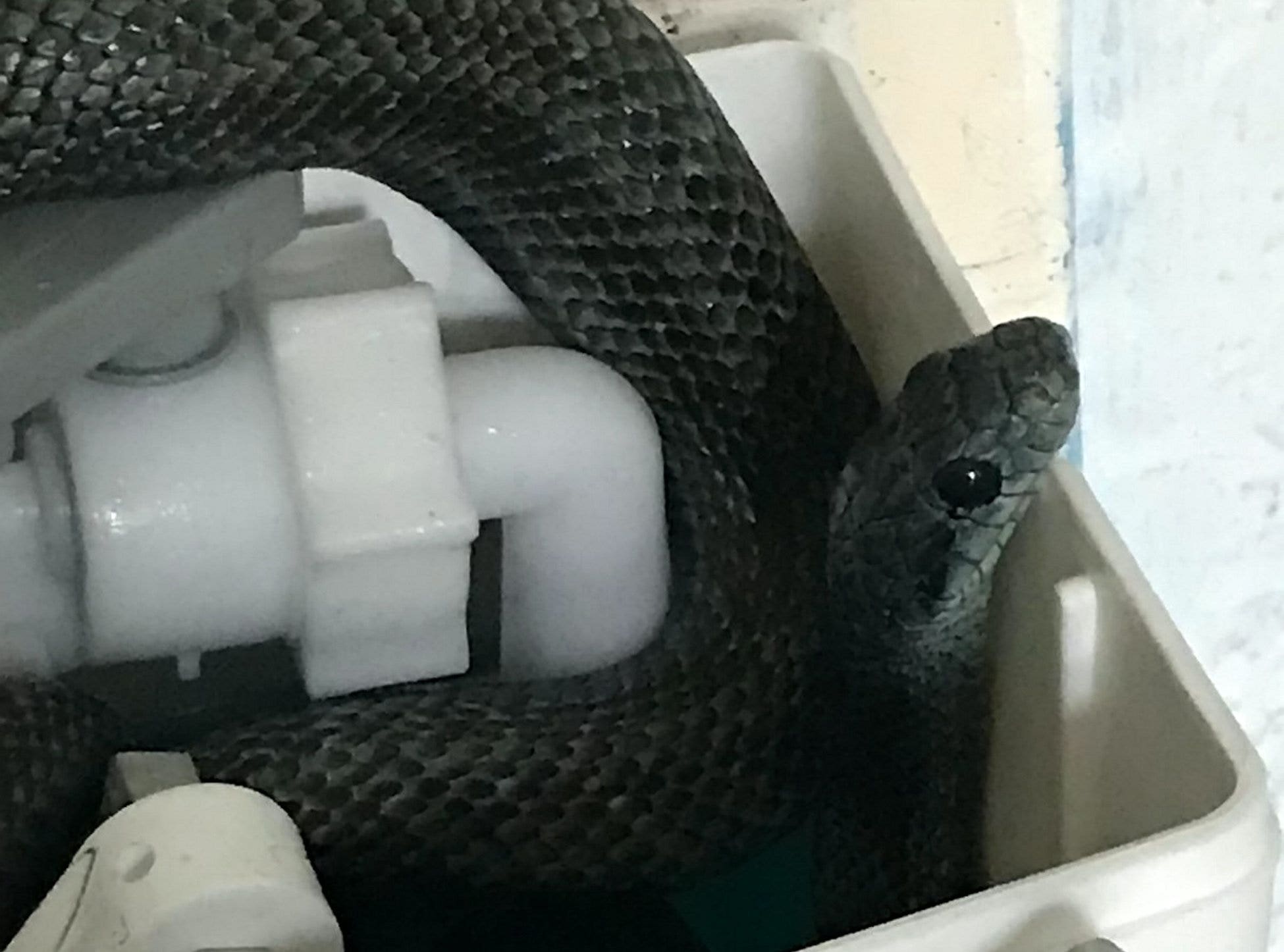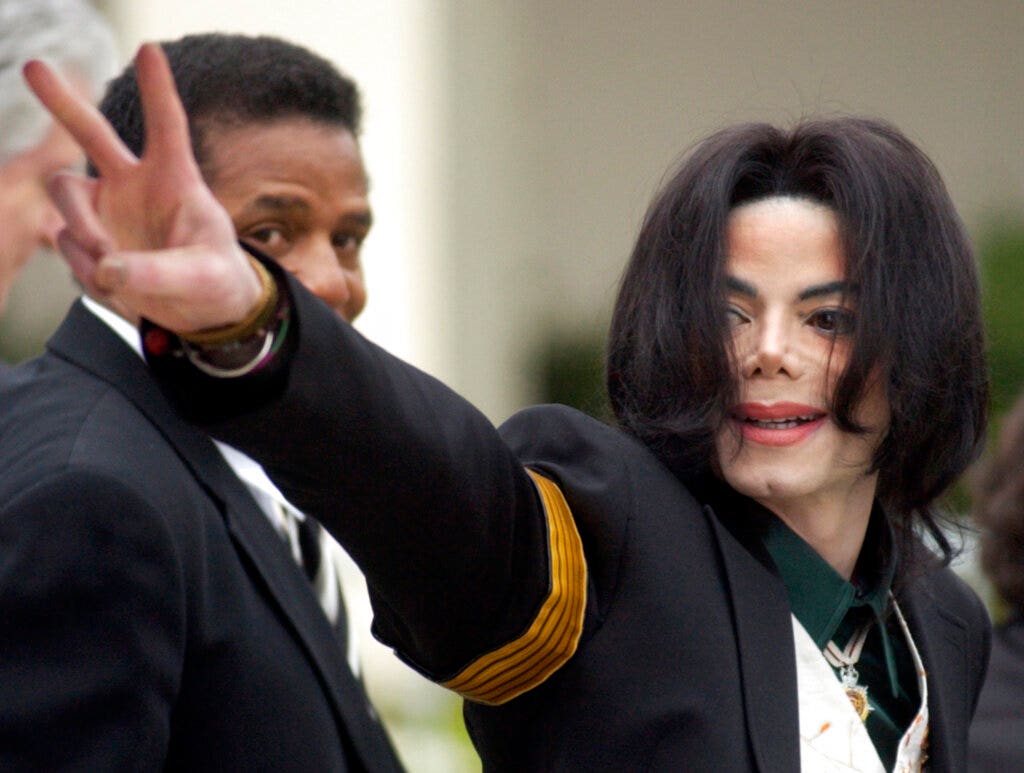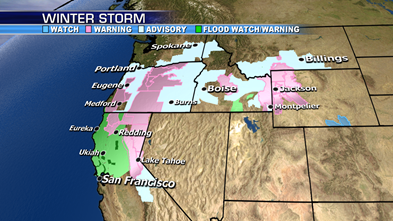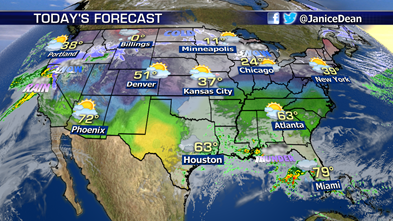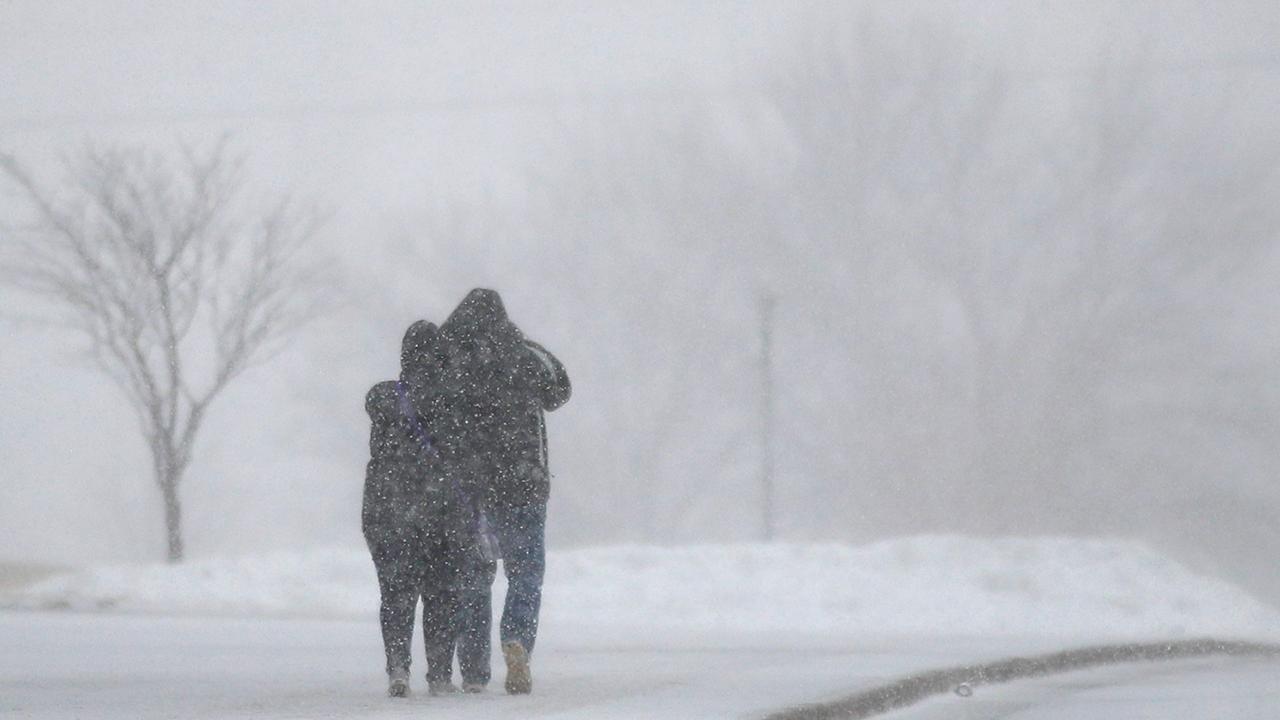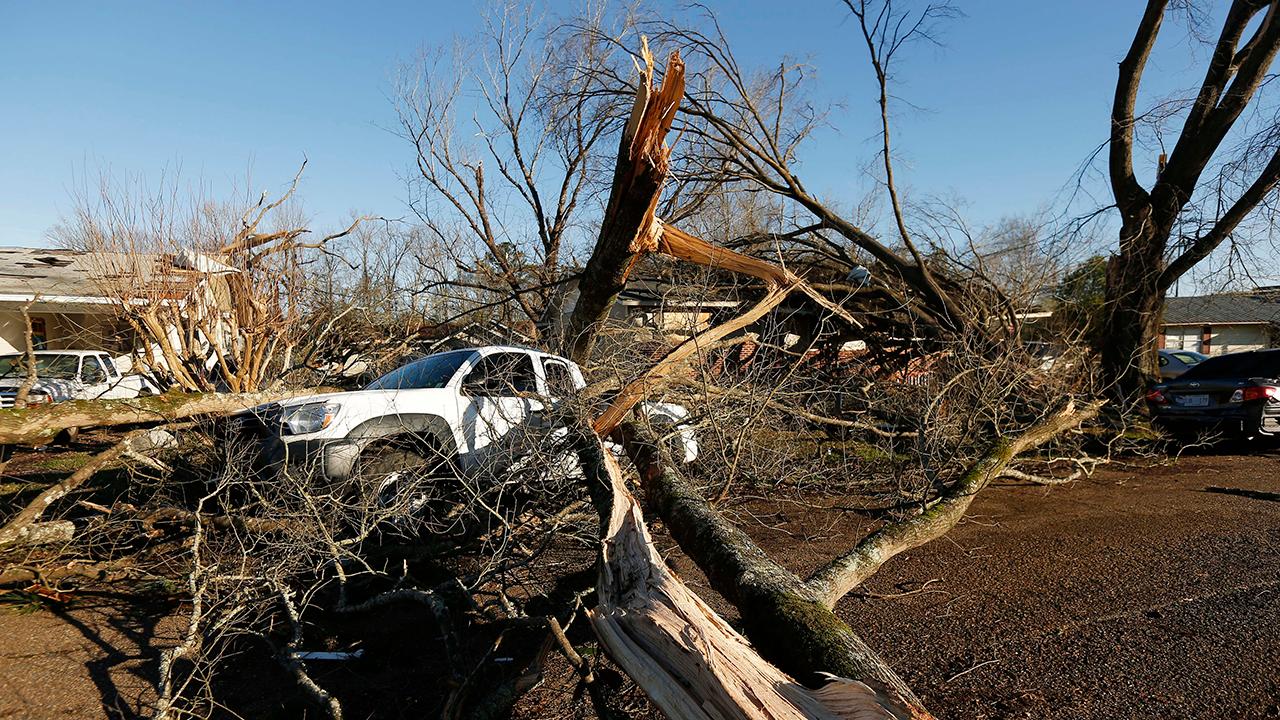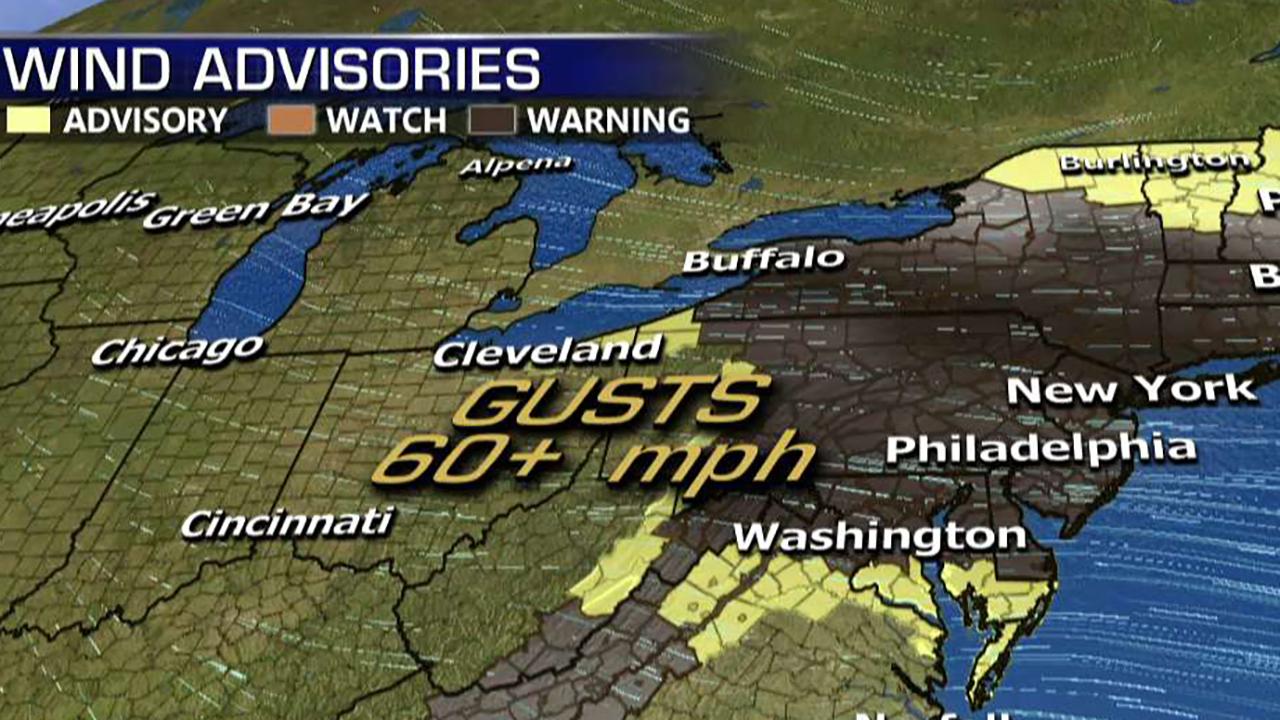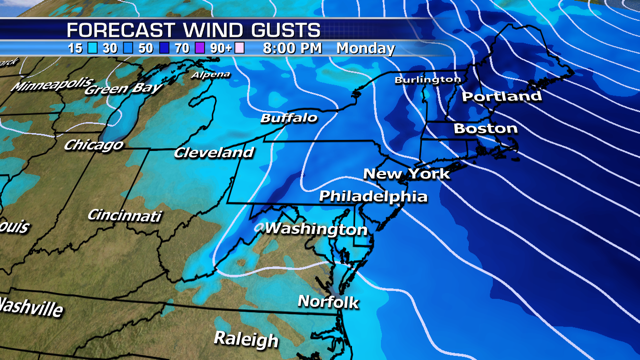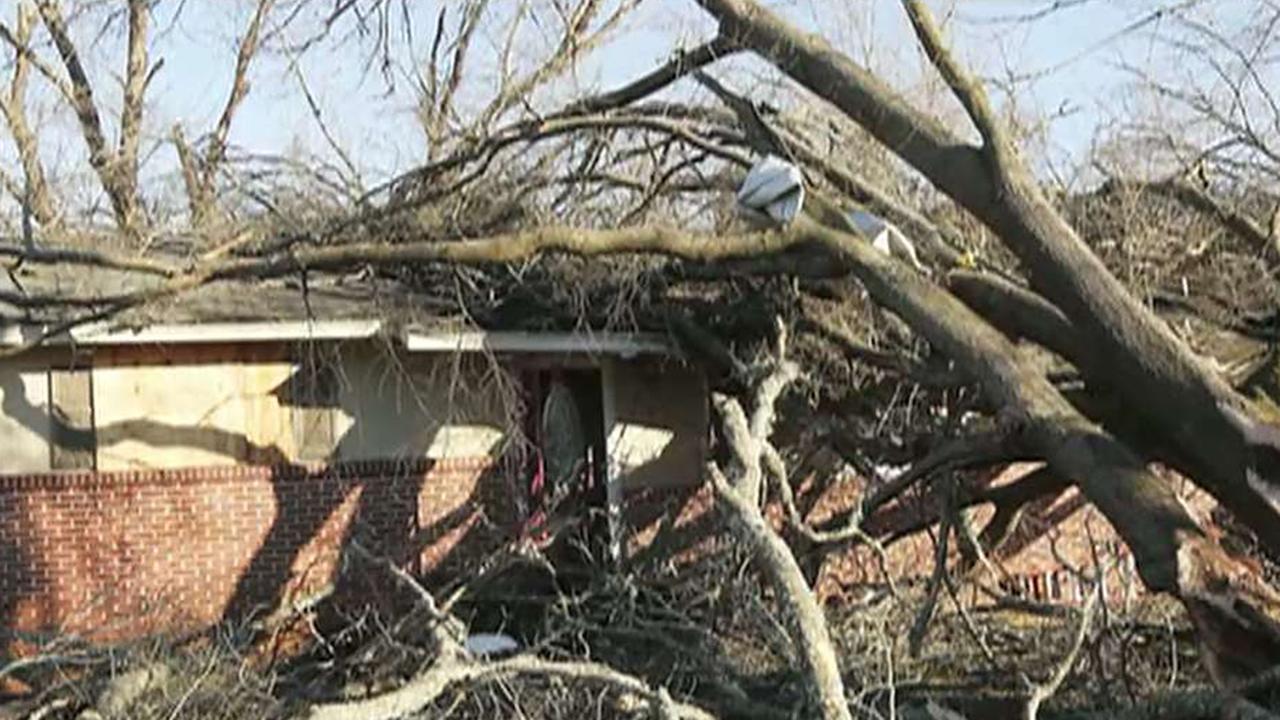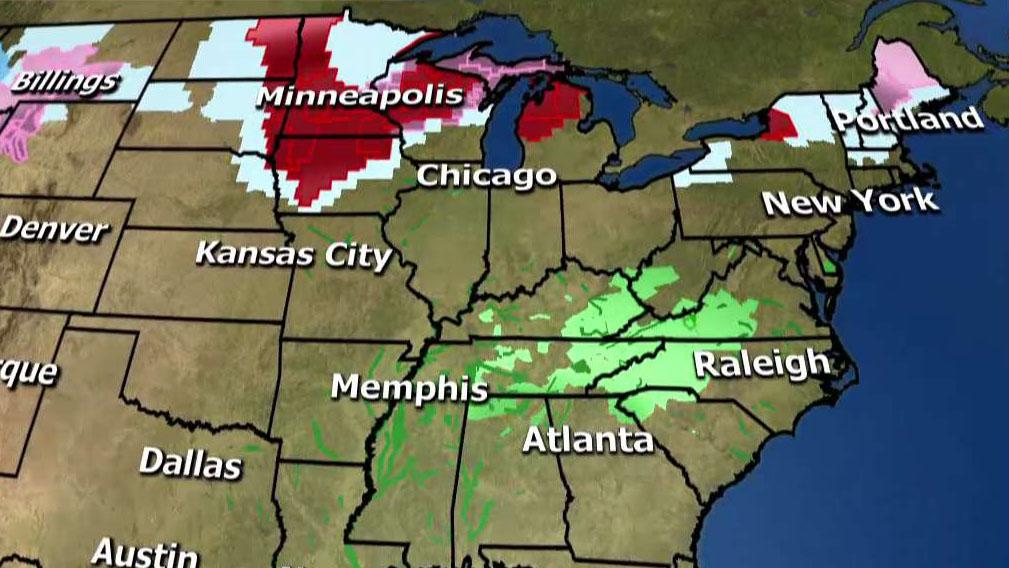 Two planes shot down over Kashmir border Pakistan claims to have two pilots held Sources: jets shot down in 'four-on-four' dogfight Both countries dispute each other's claims Analysis: Pakistan and India need help climbing down, or risk another war over Kashmir Pakistan has claimed to have shot down two Indian jets and captured a pilot after a dogfight over Kashmir, igniting fears of an all-out conflict between the nuclear-armed neighbours. Tensions remain high on the Asian Subcontinent where tens of thousands of Indian and Pakistani soldiers face off along the disputed Kashmir boundary. There are competing claims regarding the exact details of what has taken place, but Pakistan's Major General Asif Ghafoor said a pilot was in Army custody. Pakistan had earlier said it was holding two pilots. Ghafoor said the jets had been shot down after Pakistani planes earlier Wednesday flew across the Line of Control, the de facto border in disputed Kashmir, to the Indian side in a show of strength, hitting non-military targets including supply depots. Although this version of events is disputed by India, the Pakistani official said: "The Pakistan Air Force was ready, they took them on, there was an engagement. As a result both the Indian planes were shot down and the wreckage of one fell on our side while the wreckage of the other fell on their side." Pulwama suicide attack - Map Initially, the Indian Air Force (IAF) denied Pakistani claims, despite videos of the two pilots in Pakistani captivity being broadcast by state media. The IAF is also decried claims that two Indian fighter aircraft had been shot down. But later on Wednesday a foreign ministry official told a press conference in Delhi that there was an "aerial engagement", conceding just one Indian jet was shot down. IAF sources said that there were four Pakistani F-16 fighters against four IAF MiG-21 Bison combat aircraft and the dogfight happened in a chase. The four Pakistani fighters are believed to have tried attacking an ammunition dump at Nowshera near the Line of Control in Kashmir, when they were chased by four Indian planes. India claims it has also shot down one of the Pakistani fighter jets. The incident is the latest in a dangerous sequence of events between the two countries, whose ties have been under intense strain since a February 14 suicide bombing in Indian Kashmir that killed 40 troops. Islamabad insisted the latest move was in self defence and officials said strikes had been taken at non-military targets avoiding civilian casualties. Ghafoor said: "We do not want escalation, we do not want to go towards war," at a press conference in the garrison city of Rawalpindi, calling for talks with New Delhi. Pakistan closed its airspace Wednesday, "until further notice", the civil aviation authority and the military said. A military spokesman said the decision had been taken "due to the environment". How did we get here? The claim came a little over 24 hours after Delhi said it had struck a Jaish-e-Mohammad training camp near Balakot where it said militants were preparing for imminent terrorist attacks. Islamabad had denied any camp was struck, but on Tuesday warned India to prepare for a surprise and vowed a "befitting" response at a time and place of its choosing. In a statement headed "Pakistan strikes back", the foreign ministry said the action was not retaliation " to continued Indian belligerence". "Pakistan has therefore, taken strikes at non military target, avoiding human loss and collateral damage. Sole purpose being to demonstrate our right, will and capability for self defence. Pakistani soldiers stand next to what Pakistan says is the wreckage of an Indian fighter jet shot down in Pakistan controled Kashmir at Somani area in Bhimbar district Credit: AFP A spokesman for Pakistan's military said that Indian jets had then crossed the line of control and the Pakistan air forces had gone on to shoot two of them down inside Pakistani airspace. "One of the aircraft fell inside Azad Jammu and Kashmir, while other fell inside Indian Occupied Kashmir. One Indian pilot arrested by troops on ground while two in the area," said Maj Gen Asif Ghafoor. There was no immediate response from Delhi, but Indian media did report an Indian air force jet crashed in Indian-controlled Kashmir on Wednesday morning. Delhi said on Tuesday it had said it had struck a pre-emptive blow against the Pakistan-based militant group it blames for a suicide bomb that killed at least 40 paramilitary police in Kashmir earlier this month. The force of jets destroyed a hilltop training camp near Balakot where Jaish-e-Mohammad (JeM) jihadists were preparing an imminent attack, the country's foreign minister said. But Pakistan dismissed that claim as “fictitious” and “self-serving”, saying its own jets had intercepted the raiding force and seen it off. Pakistan's military said the Indian jets dropped their payload of bombs “in haste” as they fled and they caused no damage after landing in deserted forest. Indian soldiers gesture near the remains of an Indian Air Force helicopter after it crashed in Budgam district, outside Srinagar on February 27, 2019 Credit: Tauseef Mustafa/AFP Villagers near Balakot said they had been woken by jets and four blasts in an area close to a JeM madrassa. But they denied heavy casualties and said the damage was largely to trees. One person was wounded. "We saw trees fallen down and one house damaged and four craters where the bombs had fallen," said Mohammad Ajmal, a 25-year-old who visited the site told Reuters. Another neighbour, who declined to be named, said JeM ran a nearby Islamic school. An Indian attack had been widely predicted as Narendra Modi faced domestic outrage over the bomb attack in Pulwama blamed on JeM. A history of trouble Pakistan has long been accused of harbouring and supporting militant groups as tools of its foreign policy in India, Kashmir and Afghanistan. JeM is a primarily anti-India group that forged ties with al Qaeda and has been on a UN terrorist list since 2001. India says the JeM was also behind the 2001 attack on the Indian parliament and on an Indian air force base in 2016. Pakistan denies any involvement in the Pulwama attack and has challenged Delhi to deliver actionable intelligence on who carried out the attack. Indian and Pakistan: timeline of a testy relationship Western diplomats now fear any counter retaliation by Pakistan could dangerously escalate the stand-off and trigger an international crisis. One diplomat said both sides must try to carefully measure their action to satisfy domestic nationalist fervour, while not provoking all out war. However with an Indian general election only weeks away, Mr Modi had come under intense pressure to act. As news channels on both sides of the border became increasingly bellicose, a Pakistani military spokesman even alluded to its nuclear arsenal, highlighting the escalation in hostile rhetoric. Indian soldiers and Kashmiri onlookers stand near the remains of an Indian Air Force helicopter after it crashed in Budgam district Credit: Tauseef Mustafa/AFP The spokesman said a command and control authority meeting, which decides over the use of nuclear weapons, had been convened for Wednesday, adding: "You all know what that means." The Indian strike 30 miles from the frontier was thought to be the first strike inside its neighbour's territory since their 1971 war. Indian military sources said 12 French Mirage 2000 fighters crossed the line of control dividing the adversaries in Kashmir on their raid into Pakistani territory at around 3.15am local time. Accompanied by an airborne early warning and control aircraft and a mid-air re-fueller, the Mirages reportedly employed 1,000kg precision guided munitions to hit their targets in a mission that lasted a few minutes. Kashmir: why the tension? The Kashmir dispute dates from 1947. The partition of the Indian sub-continent along religious lines led to the formation of India and Pakistan. However, there remained the problem of over 650 states, run by princes, existing within the two newly independent countries. In theory, these princely states had the option of deciding which country to join, or of remaining independent. In practice, the restive population of each province proved decisive. As a result, both India and Pakistan control parts of Kashmir, but claim it in its entirety and have fought two wars over Kashmir since Partition in 1947. Where do we go now? Pakistan have claimed the two pilots are being treated well, according to its state media. One is in hospital and one has been arrested, but there are question marks over where this tit-for-tat will go next. Islamabad has said it does not want to escalate the situation to a full-blown war - a sentiment echoed by those around the world. China is renewing calls for Pakistan and India to take steps to avoid a further deterioration of ties following the latest flare-up. Indian army soldiers arrive near the wreckage of an Indian aircraft after it crashed in Budgam area Credit: Mukhtar Khan/AP Foreign Ministry spokesman Lu Kang told reporters at a daily briefing on Wednesday that "both Pakistan and India are important countries in the subcontinent of South Asia." He added that China hopes "they will keep in mind the regional peace and stability, exercise restraint, take effective measures to strengthen dialogue, and maintain two sides' fundamental interests and the regional peace and stability." Lu also said: "We hope they will avoid deterioration of the situation." China is longstanding close ally and arms supplier to Pakistan, but has also sought better ties with its southern neighbor and Asian rival India. US Secretary of State Mike Pompeo also urged the two countries to exercise restraint and avoid escalation at any cost, and said in a statement he had spoken to foreign ministers from Indian and Pakistan to "encourage both ministers to prioritise direct communication and avoid further military activity." Sign up for your essential, twice-daily briefing from The Telegraph with our free Front Page newsletter.
Two planes shot down over Kashmir border Pakistan claims to have two pilots held Sources: jets shot down in 'four-on-four' dogfight Both countries dispute each other's claims Analysis: Pakistan and India need help climbing down, or risk another war over Kashmir Pakistan has claimed to have shot down two Indian jets and captured a pilot after a dogfight over Kashmir, igniting fears of an all-out conflict between the nuclear-armed neighbours. Tensions remain high on the Asian Subcontinent where tens of thousands of Indian and Pakistani soldiers face off along the disputed Kashmir boundary. There are competing claims regarding the exact details of what has taken place, but Pakistan's Major General Asif Ghafoor said a pilot was in Army custody. Pakistan had earlier said it was holding two pilots. Ghafoor said the jets had been shot down after Pakistani planes earlier Wednesday flew across the Line of Control, the de facto border in disputed Kashmir, to the Indian side in a show of strength, hitting non-military targets including supply depots. Although this version of events is disputed by India, the Pakistani official said: "The Pakistan Air Force was ready, they took them on, there was an engagement. As a result both the Indian planes were shot down and the wreckage of one fell on our side while the wreckage of the other fell on their side." Pulwama suicide attack - Map Initially, the Indian Air Force (IAF) denied Pakistani claims, despite videos of the two pilots in Pakistani captivity being broadcast by state media. The IAF is also decried claims that two Indian fighter aircraft had been shot down. But later on Wednesday a foreign ministry official told a press conference in Delhi that there was an "aerial engagement", conceding just one Indian jet was shot down. IAF sources said that there were four Pakistani F-16 fighters against four IAF MiG-21 Bison combat aircraft and the dogfight happened in a chase. The four Pakistani fighters are believed to have tried attacking an ammunition dump at Nowshera near the Line of Control in Kashmir, when they were chased by four Indian planes. India claims it has also shot down one of the Pakistani fighter jets. The incident is the latest in a dangerous sequence of events between the two countries, whose ties have been under intense strain since a February 14 suicide bombing in Indian Kashmir that killed 40 troops. Islamabad insisted the latest move was in self defence and officials said strikes had been taken at non-military targets avoiding civilian casualties. Ghafoor said: "We do not want escalation, we do not want to go towards war," at a press conference in the garrison city of Rawalpindi, calling for talks with New Delhi. Pakistan closed its airspace Wednesday, "until further notice", the civil aviation authority and the military said. A military spokesman said the decision had been taken "due to the environment". How did we get here? The claim came a little over 24 hours after Delhi said it had struck a Jaish-e-Mohammad training camp near Balakot where it said militants were preparing for imminent terrorist attacks. Islamabad had denied any camp was struck, but on Tuesday warned India to prepare for a surprise and vowed a "befitting" response at a time and place of its choosing. In a statement headed "Pakistan strikes back", the foreign ministry said the action was not retaliation " to continued Indian belligerence". "Pakistan has therefore, taken strikes at non military target, avoiding human loss and collateral damage. Sole purpose being to demonstrate our right, will and capability for self defence. Pakistani soldiers stand next to what Pakistan says is the wreckage of an Indian fighter jet shot down in Pakistan controled Kashmir at Somani area in Bhimbar district Credit: AFP A spokesman for Pakistan's military said that Indian jets had then crossed the line of control and the Pakistan air forces had gone on to shoot two of them down inside Pakistani airspace. "One of the aircraft fell inside Azad Jammu and Kashmir, while other fell inside Indian Occupied Kashmir. One Indian pilot arrested by troops on ground while two in the area," said Maj Gen Asif Ghafoor. There was no immediate response from Delhi, but Indian media did report an Indian air force jet crashed in Indian-controlled Kashmir on Wednesday morning. Delhi said on Tuesday it had said it had struck a pre-emptive blow against the Pakistan-based militant group it blames for a suicide bomb that killed at least 40 paramilitary police in Kashmir earlier this month. The force of jets destroyed a hilltop training camp near Balakot where Jaish-e-Mohammad (JeM) jihadists were preparing an imminent attack, the country's foreign minister said. But Pakistan dismissed that claim as “fictitious” and “self-serving”, saying its own jets had intercepted the raiding force and seen it off. Pakistan's military said the Indian jets dropped their payload of bombs “in haste” as they fled and they caused no damage after landing in deserted forest. Indian soldiers gesture near the remains of an Indian Air Force helicopter after it crashed in Budgam district, outside Srinagar on February 27, 2019 Credit: Tauseef Mustafa/AFP Villagers near Balakot said they had been woken by jets and four blasts in an area close to a JeM madrassa. But they denied heavy casualties and said the damage was largely to trees. One person was wounded. "We saw trees fallen down and one house damaged and four craters where the bombs had fallen," said Mohammad Ajmal, a 25-year-old who visited the site told Reuters. Another neighbour, who declined to be named, said JeM ran a nearby Islamic school. An Indian attack had been widely predicted as Narendra Modi faced domestic outrage over the bomb attack in Pulwama blamed on JeM. A history of trouble Pakistan has long been accused of harbouring and supporting militant groups as tools of its foreign policy in India, Kashmir and Afghanistan. JeM is a primarily anti-India group that forged ties with al Qaeda and has been on a UN terrorist list since 2001. India says the JeM was also behind the 2001 attack on the Indian parliament and on an Indian air force base in 2016. Pakistan denies any involvement in the Pulwama attack and has challenged Delhi to deliver actionable intelligence on who carried out the attack. Indian and Pakistan: timeline of a testy relationship Western diplomats now fear any counter retaliation by Pakistan could dangerously escalate the stand-off and trigger an international crisis. One diplomat said both sides must try to carefully measure their action to satisfy domestic nationalist fervour, while not provoking all out war. However with an Indian general election only weeks away, Mr Modi had come under intense pressure to act. As news channels on both sides of the border became increasingly bellicose, a Pakistani military spokesman even alluded to its nuclear arsenal, highlighting the escalation in hostile rhetoric. Indian soldiers and Kashmiri onlookers stand near the remains of an Indian Air Force helicopter after it crashed in Budgam district Credit: Tauseef Mustafa/AFP The spokesman said a command and control authority meeting, which decides over the use of nuclear weapons, had been convened for Wednesday, adding: "You all know what that means." The Indian strike 30 miles from the frontier was thought to be the first strike inside its neighbour's territory since their 1971 war. Indian military sources said 12 French Mirage 2000 fighters crossed the line of control dividing the adversaries in Kashmir on their raid into Pakistani territory at around 3.15am local time. Accompanied by an airborne early warning and control aircraft and a mid-air re-fueller, the Mirages reportedly employed 1,000kg precision guided munitions to hit their targets in a mission that lasted a few minutes. Kashmir: why the tension? The Kashmir dispute dates from 1947. The partition of the Indian sub-continent along religious lines led to the formation of India and Pakistan. However, there remained the problem of over 650 states, run by princes, existing within the two newly independent countries. In theory, these princely states had the option of deciding which country to join, or of remaining independent. In practice, the restive population of each province proved decisive. As a result, both India and Pakistan control parts of Kashmir, but claim it in its entirety and have fought two wars over Kashmir since Partition in 1947. Where do we go now? Pakistan have claimed the two pilots are being treated well, according to its state media. One is in hospital and one has been arrested, but there are question marks over where this tit-for-tat will go next. Islamabad has said it does not want to escalate the situation to a full-blown war - a sentiment echoed by those around the world. China is renewing calls for Pakistan and India to take steps to avoid a further deterioration of ties following the latest flare-up. Indian army soldiers arrive near the wreckage of an Indian aircraft after it crashed in Budgam area Credit: Mukhtar Khan/AP Foreign Ministry spokesman Lu Kang told reporters at a daily briefing on Wednesday that "both Pakistan and India are important countries in the subcontinent of South Asia." He added that China hopes "they will keep in mind the regional peace and stability, exercise restraint, take effective measures to strengthen dialogue, and maintain two sides' fundamental interests and the regional peace and stability." Lu also said: "We hope they will avoid deterioration of the situation." China is longstanding close ally and arms supplier to Pakistan, but has also sought better ties with its southern neighbor and Asian rival India. US Secretary of State Mike Pompeo also urged the two countries to exercise restraint and avoid escalation at any cost, and said in a statement he had spoken to foreign ministers from Indian and Pakistan to "encourage both ministers to prioritise direct communication and avoid further military activity." Sign up for your essential, twice-daily briefing from The Telegraph with our free Front Page newsletter.
from Yahoo News - Latest News & Headlines https://yhoo.it/2tJAnIV
via Yahoo News

